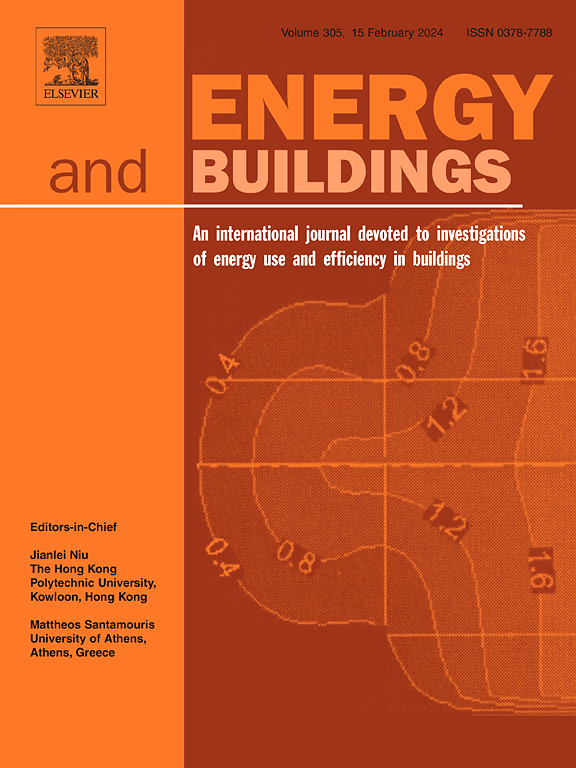Advancing zero-carbon community in China: policy analysis, implementation challenges, and strategic recommendations
IF 6.6
2区 工程技术
Q1 CONSTRUCTION & BUILDING TECHNOLOGY
引用次数: 0
Abstract
Zero-carbon community (ZCC) is essential in addressing critical social and environmental challenges, particularly in reducing energy consumption, lowering carbon emissions, and decreasing reliance on fossil fuels. However, several issues are still unclear, including inconsistent definitions of ZCC, the lack of detailed policy analyses, and limited exploration of implementation challenges and solutions persist. This study addresses these gaps by conducting a comprehensive analysis of the drivers and barriers to ZCC development in China. It begins with a detailed review of the definitions of ZCC, comparing and contrasting them from both domestic and international perspectives. Then, it evaluates existing incentives, categorizes them into policy documents, laws, and standards while assessing their evolution and real-world applications. This study also presents case studies of exemplary ZCC, including the Beddington Community in the UK and the Zero Carbon Pavilion at the Shanghai World Expo Park in China. These cases offer insights into practical approaches, societal impacts, and advanced practices, proposing a ZCC construction model tailored to China’s unique economic and policy environment. Furthermore, the study identifies key barriers to adopting ZCC in China and proposes targeted recommendations across five domains: administrative, economic, technological, socio-cultural, and environmental. A “macro-meso-micro” implementation pathway is developed, emphasizing stakeholder collaboration as a core element for successful execution. This study systematically reviews and critically analyzes current policies and practices related to ZCC, and offering valuable theoretical guidance for developing regulations and standards, along with practical solutions to address current implementation challenges.
求助全文
约1分钟内获得全文
求助全文
来源期刊

Energy and Buildings
工程技术-工程:土木
CiteScore
12.70
自引率
11.90%
发文量
863
审稿时长
38 days
期刊介绍:
An international journal devoted to investigations of energy use and efficiency in buildings
Energy and Buildings is an international journal publishing articles with explicit links to energy use in buildings. The aim is to present new research results, and new proven practice aimed at reducing the energy needs of a building and improving indoor environment quality.
 求助内容:
求助内容: 应助结果提醒方式:
应助结果提醒方式:


